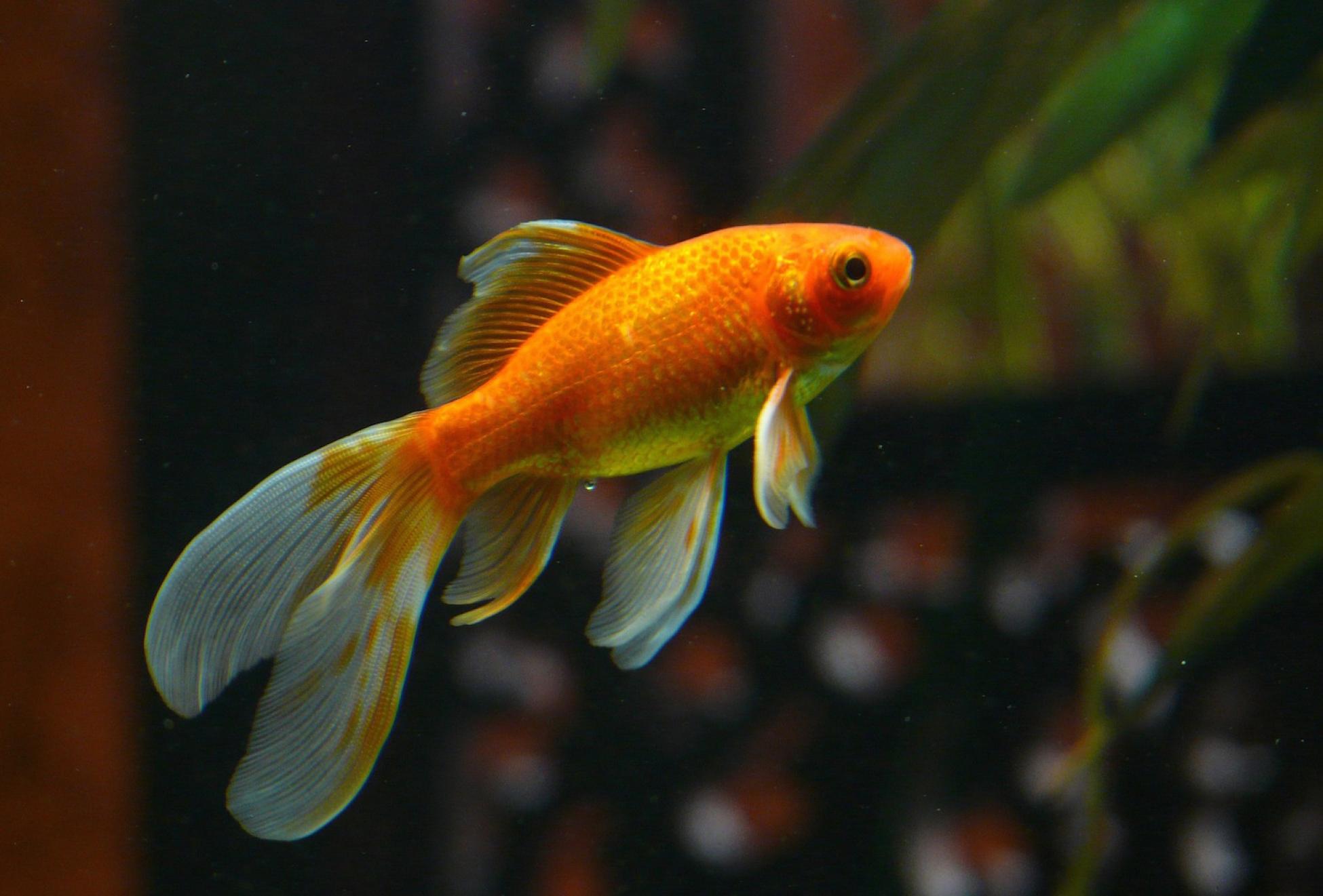I had accepted the fact that my 15 minutes of fame had come and gone in fourth grade. My watercolour painting (entitled “Pebbles the Cat”) had been a hit in the local art festival. As all celebrated artists do, I got my picture in the paper, a shiny blue ribbon and a free ice cream cone (score!).
However, while my days of cat art are over and my subsequent fame long gone, moving to rural Thailand has changed everything.
“You are rock star now,” laughed my host teacher, Pi Mai, as we walked into my school on my long anticipated first day. And to be quite honest, I’m not sure if the title “rock star” or “circus freak” was more applicable. Crowds parted and nervous giggles were exchanged as I felt the eyes of 1,500 of elementary school students on me. Students ran up to me to say hello, laughing nervously and then darting away. Teachers held my hand tightly as we walked, and I was gifted more food in a day than I could eat in a week.
It has been a month since then, but this sense of undeserved fame persists. I have never received more high-fives and compliments, or have been watched and doted over so much. I feel like the goldfish won at the state fair on display in the living room table—prized for all to see, always in view and constantly fed.
I feel like the goldfish won at the state fair on display in the living room table—prized for all to see, always in view and constantly fed.
My role as the “farang” or foreign teacher is to teach English conversation and listening skills, as well as “exchange culture differences and traditions.” Having worked in Thailand before, I was familiar with the differences between Western and Thai culture and was prepared for the cultural shock that would indubitably occur. However, this still did not prepare me for the constant attention. From the moment I leave my apartment in the morning until early afternoon when I return home, I am watched. My neighbours come out of their houses to gaze at me and occasionally offer a shy "hello" as I walk by, students go out of their way to stare into my office, and people on their motorbikes slow down when I am running to ask me where I am from. This local stardom comes from a place of curiosity; however, the constant sense of being a fish in a bowl has forced me to take a long look at myself.
Many cultural anthropologists argue that experiencing and learning about other cultures forces one to analyze and acknowledge one’s own culture and understand it more clearly. Personally, I could not agree more. Habits that seem so “normal” to me like eating yogurt and fruit for breakfast, or sitting with my legs crossed at an event have become something “foreign.” I find myself questioning why I do things such as say “bless you” after someone sneezes, or eat sandwiches for lunch.
If it is true that culture is like water to a fish, I have suddenly been plopped down into a brand-new fish bowl and am adjusting to the drastic difference that is the Thai water. As I try to gather my bearings I am also adapting to my new view from inside my tank; what is my new normal?
There are many moments where despite being a fish out of water, I feel connected to my new community. Like the day I spent my free period listening to Justin Bieber and teaching the kids how to play Uno, or when my host teacher brought her new puppy to school for all to play with. In these moments, our shared humanity is the link between myself and my students, teachers and community. One does not need language to acknowledge the cuteness of a new puppy, or to giggle at crazy dance moves. However, just when I start to feel comfortable, I am brought back to reality with hearing “oh teacher Emma. . .farang.”
If it is true that we all get 15 minutes of fame, I guess this is mine, except it may actually be 521,600 minutes (a whole year). As I slowly adjust to the stares, questions, and comments, I realize that I'm entering a “new normal” one. It's still a bit murky and unclear to me, but there's nothing I can do except just keep swimming.

